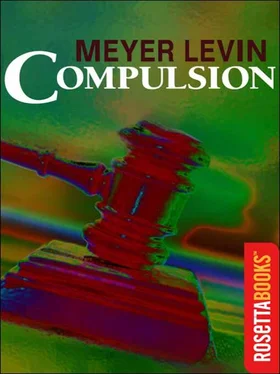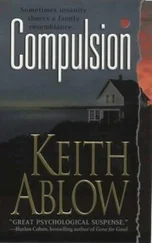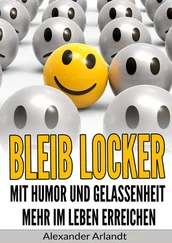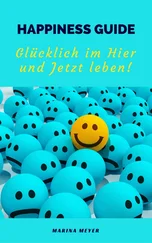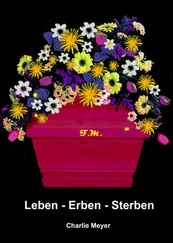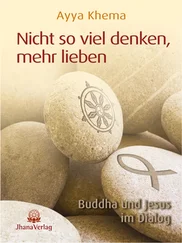“I want Your Honour to know that if in your judgment you think these boys should hang, we will know it is your judgment. It is hard enough for a court to sit where you sit, with the eyes of the world upon you, in the fierce heat of public opinion, for and against. It is hard enough, without any lawyer making it harder. I will say no more about it, excepting that this statement was a deliberate lie, made out of whole cloth, and McNamara’s entire testimony shows it.”
Horn’s face was solid anger. If Wilk had planned this as a taunt, he could not have devised a more effective provocation, as we were to find in the very last moments of the trial.
Wilk walked again toward the bench, resuming his plea. “Your Honour, I must hasten along, for I will close tonight. I know I should have closed before. Still there seems so much that I would like to say.
“Crime has a cause as certainly as disease, and the way to rationally treat any abnormal condition is to remove the cause.
“If a doctor were called on to treat typhoid fever he would probably try to find out what kind of water the patient drank, and clean out the well so that no one else could get typhoid from the same source. But if a lawyer were called on to treat a typhoid patient he would give him thirty days in jail, and then he would think that nobody else would ever dare to drink the impure water. If the patient got well in fifteen days, he would be kept until his time was up; if the disease was worse at the end of thirty days, the patient would be released because his time was out.
“As a rule, lawyers are not scientists. They think that there is only one way to make men good, and that is to put them in such terror that they do not dare to do bad.”
And then he spoke of an aspect of the crime that few had considered. Going back over the record of hangings, he showed that a recent change had taken place. For years, no minor had been hanged in Chicago, not even on a jury conviction. Not from 1912 until 1920. “In 1920, a boy named Viani was convicted by a jury and hanged, a boy of eighteen. Why did we go back to hanging the young? It was 1920; we were used to young men, mere boys, going to their death. It was 1920, just after the war. And that time is still with us, Your Honour.
“We are anew accustomed to blood, Your Honour. It used to make us feel squeamish. But we have not only seen it shed in bucketsful, we have seen it shed in rivers, lakes, and oceans, and we have delighted in it; we have preached it, we have worked for it, we have advised it, we have taught it to the young, until the world has been drenched in blood and it has left stains upon every human heart and upon every human mind, and has almost stifled the feelings of pity and charity that have their natural home in the human breast.
“I believed in it. I don’t know whether I was crazy or not. Sometimes I think perhaps I was. I urged men to fight. I was safe because I was too old to go. For four long years the civilized world was engaged in killing men. Christian against Christian, barbarians uniting with Christians to kill Christians; anything to kill. It was taught in every school, aye, in the Sunday schools. The little children played at war. Do you suppose that this world has even been the same since then?
“We read of killing one hundred thousand men in a day. We read about it and rejoiced in it – if it was the other fellows who were killed. We were fed on flesh and drank blood. I need not tell Your Honour how many bright, honourable young men have come into this court charged with murder, some saved and some sent to their death, boys who fought in this war and learned to place a cheap value on human life.”
Wilk turned toward Judd and Artie. “These boys were brought up in it. The tales of death were in their homes, their playgrounds, their schools; they were in the newspapers that they read; it was part of the common frenzy. What was a life? It was nothing. One of them tells us how he was haunted by a war poster, how he dreamed of rape and of killing.
“It will take fifty years to wipe it out of the human heart, if ever. No one needs to inform me that crime has a cause. It has as definite a cause as any other disease. I know that growing out of the Napoleonic Wars there was an era of crime such as Europe had never seen before. I know that Europe is going through the same experience today; I know it has followed every war and I know it has influenced these boys so that life was not the same to them as it would have been if the world had not been made red with blood. I protest against the crimes and mistakes of society being visited upon them. All of us have our share in it. I have mine. I cannot tell and I shall never know how many words of mine during the war might have given birth to cruelty in the place of love and kindness and charity.”
Again, he had mounted far beyond the case; the spell was upon him and upon us all as Jonathan Wilk spoke. “Your Honour knows that in this very court crimes of violence have increased, growing out of the war. Not only by those who fought, but by those who learned that blood was cheap, and human life was cheap, and if the State could take it lightly, why not the individual?
“I do not know how much salvage there is in these two boys. I hate to say it in their presence, but what is there to look forward to? I do not know but what Your Honour would be merciful if you tied a rope around their necks and let them die; merciful to them, but not merciful to civilization, and not merciful to those who would be left behind. To spend the balance of their days in prison is mighty little to look forward to, if anything. Is it anything?
“They may have the hope that as the years roll around they may be released. I do not know. I do not know.” He gazed at the defendants. “I will be honest with this court as I have tried to be from the beginning. I know that these boys are not fit to be at large. I believe they will not be until they pass through the next stage of life, at forty-five or fifty.”
The words fell heavily, as if he had prophetically sentenced them.
“I would not tell this court that I do not hope that sometime, when life and age has changed their bodies, as it does, and has changed their emotions, as it does, they may once again return to life. I would be the last person on earth to close the door of hope to any human being that lives, and least of all to my clients. But what have they to look forward to? Nothing.” He quoted again from Housman:
Now hollow fires burn out to black,
And lights are fluttering low:
Square your shoulders, lift your pack
And leave your friend and go.
O never fear, lads, naught’s to dread,
Look not left nor right:
In all that endless road you tread
There’s nothing but the night.
Something had come over Wilk’s face, a complete and otherworldly beauty, as if he indeed were relieved of the shortcomings of mankind.
He repeated: “‘In all that endless road you tread, There’s nothing but the night.’
“I care not, Your Honour, whether the march begins at the gallows or when the gates of Joliet close upon them, there is nothing but the night, and that is little for any human being to expect.”
He drew himself out of his spell and came to his peroration. “But there are others to be considered.
“Here is Steiner’s father – and this boy was the pride of his life. He watched him, cared for him, he worked for him; he educated him, and he thought that fame and position awaited him, as it should have awaited. It is a hard thing for a father to see his life’s hope crumble into dust.
“And Straus’s son, the same. Here are the faithful uncle and brother, who have watched here day by day while Artie’s father and mother are too ill to stand this terrific strain, and shall be waiting for a message which means more to them than it can mean to you or me.
Читать дальше
